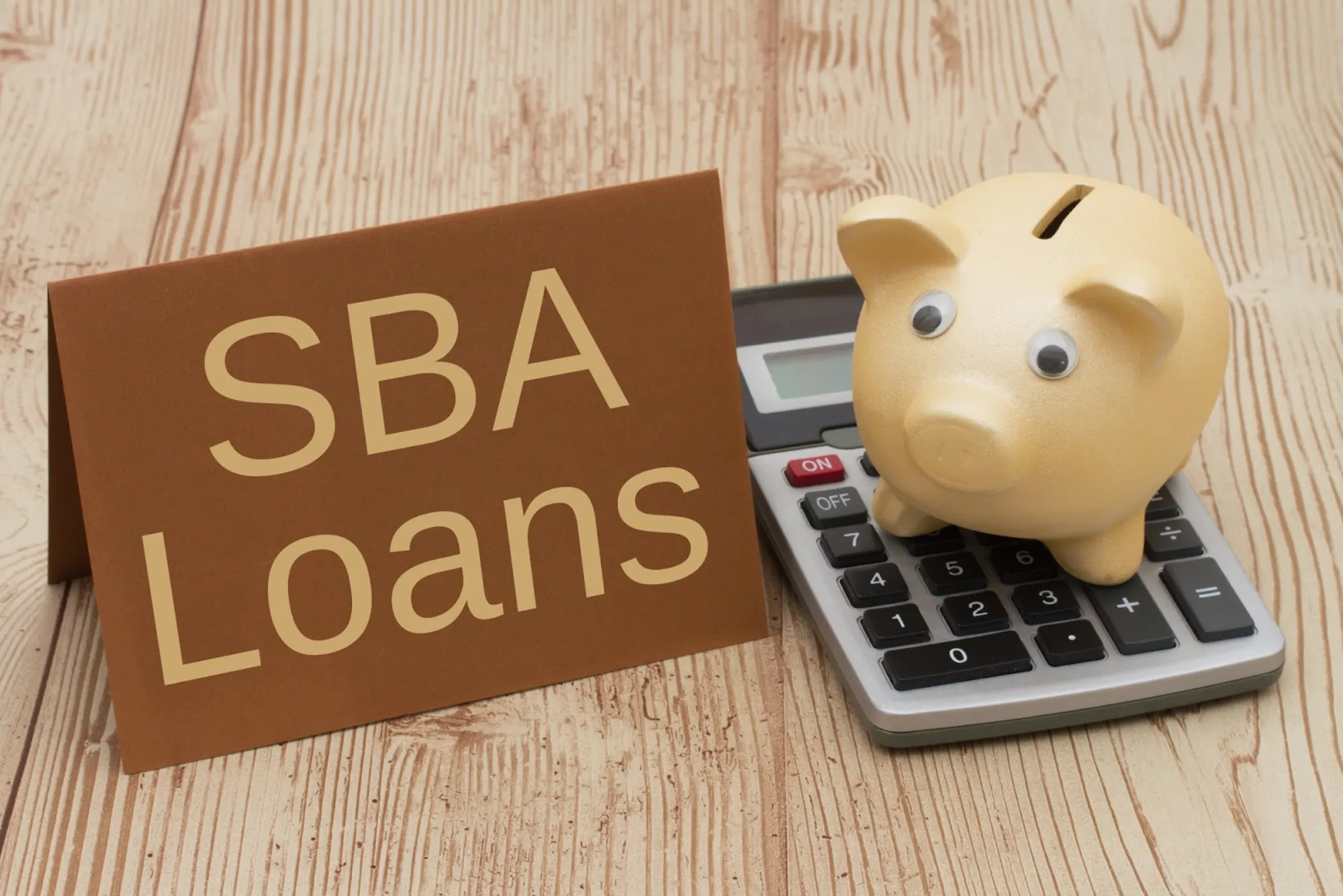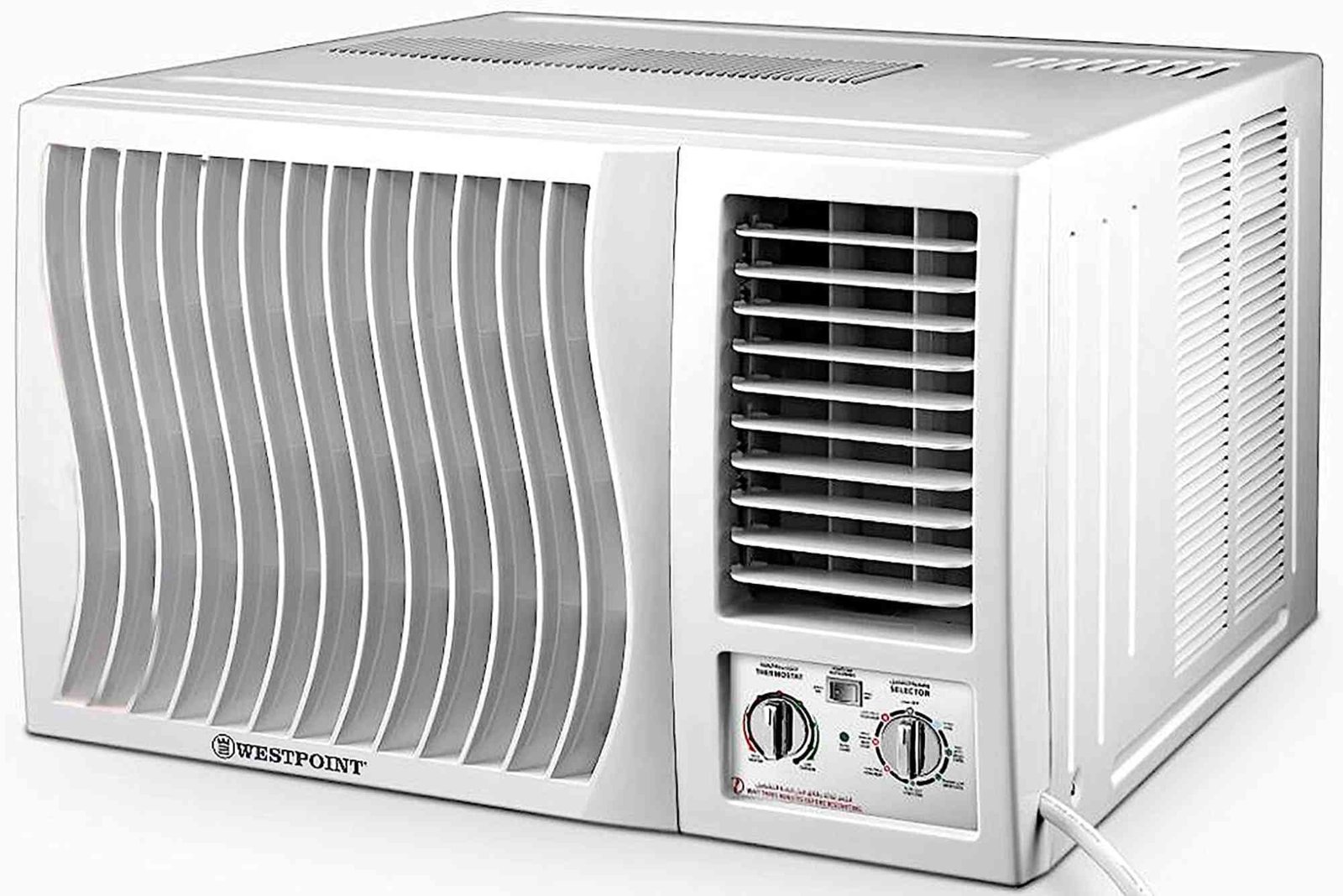Small business loans play a crucial role in helping entrepreneurs grow their ventures, manage cash flow, and fund necessary expenses. In this guide, we’ll explore different types of loans available for small businesses, the loan application process, eligibility requirements, and tips for repayment management.
What Are Small Business Loans?
Small business loans are financing solutions that provide businesses with capital to cover operational costs, purchase equipment, or invest in growth opportunities. These loans can come from traditional banks, government programs, or alternative lenders, offering varying terms and conditions to suit the needs of different businesses.
Why Small Businesses Need Loans
- Growth and Expansion: To open new locations or scale operations.
- Operational Costs: Cover day-to-day expenses, such as rent, utilities, and payroll.
- Purchase Inventory or Equipment: Finance the purchase of equipment or restock inventory.
- Manage Cash Flow: Ensure the business can operate smoothly during slow seasons.
Types of Small Business Loans
There are several types of loans designed to cater to the unique needs of small businesses:
| Loan Type | Description | Best For |
|---|---|---|
| Term Loans | Fixed loan amount repaid over a set period with interest. | Businesses needing long-term financing. |
| SBA Loans | Loans backed by the U.S. Small Business Administration (SBA). | Companies needing low-interest financing. |
| Business Line of Credit | A revolving credit line that businesses can draw from as needed. | Managing cash flow and flexible expenses. |
| Invoice Financing | Financing based on unpaid invoices. | Businesses with slow-paying customers. |
| Equipment Financing | Loan for purchasing equipment, repaid in fixed monthly payments. | Companies needing equipment for operations. |
| Merchant Cash Advance | Financing against future credit card sales. | Retail businesses with steady sales volume. |
Term Loans
A term loan is a lump sum of money that a business borrows and repays over a set period, typically with a fixed interest rate. These loans are commonly used for long-term investments, such as purchasing equipment or funding expansion projects.
- Benefits: Predictable payments, long repayment terms, and lower interest rates.
- Best For: Businesses looking for capital to invest in major projects.
SBA Loans
SBA loans are government-backed loans offered through traditional lenders, such as banks. They offer some of the lowest interest rates available and have flexible repayment terms, making them a popular choice for small businesses.
- Benefits: Lower interest rates, longer repayment terms, and higher loan amounts.
- Best For: Businesses that meet strict eligibility requirements and need affordable financing.

Business Line of Credit
A business line of credit works like a credit card, giving businesses access to funds they can use whenever necessary. You only pay interest on the amount you draw, making it a flexible option for managing cash flow or handling unexpected expenses.
- Benefits: Pay only for what you use, revolving credit.
- Best For: Businesses that need quick access to funds without committing to large loans.
Invoice Financing
Invoice financing allows businesses to borrow against their unpaid invoices, providing immediate cash flow while they wait for customers to pay. The lender advances a portion of the invoice amount upfront, and the remainder is received once the invoice is paid.
- Benefits: Quick access to cash tied up in invoices.
- Best For: Companies with outstanding invoices and slow-paying customers.
Equipment Financing
With equipment financing, businesses can purchase necessary equipment without paying the full amount upfront. The loan is repaid over time, typically with fixed monthly payments. This type of loan is secured by the equipment itself.
- Benefits: Preserves working capital, fixed monthly payments.
- Best For: Companies that need to buy or upgrade machinery or other essential equipment.
Merchant Cash Advance
A merchant cash advance (MCA) provides businesses with a lump sum payment in exchange for a percentage of future credit card sales. Repayment is automatic and based on daily or weekly sales.
- Benefits: Fast access to funds, flexible repayment.
- Best For: Retail businesses with consistent credit card transactions.
Eligibility and Requirements
The eligibility requirements for small business loans depend on the type of loan and the lender. Generally, businesses should have:
- A strong credit score: Most lenders require a credit score of at least 600.
- Financial documentation: Tax returns, profit and loss statements, and balance sheets.
- Collateral: Some loans may require collateral, such as equipment or real estate.
- Time in business: Most lenders prefer businesses that have been operating for at least two years.

SBA Loan Eligibility
To qualify for SBA loans, businesses must meet additional requirements, such as:
- Operating in the U.S.
- Having a valid business purpose
- Meeting size standards as defined by the SBA
Loan Repayment and Management
Repaying a small business loan is crucial for maintaining financial health and avoiding default. Here are a few tips for managing loan repayments effectively:
- Create a repayment plan: Outline your monthly or weekly payments in advance.
- Monitor cash flow: Ensure you have enough revenue to cover loan repayments.
- Avoid unnecessary expenses: Prioritize loan payments over discretionary spending.
- Consider refinancing: If interest rates drop or your business improves, refinancing can reduce your payments.
Table: Small Business Loan Comparison
| Loan Type | Interest Rate (Approximate) | Repayment Period | Speed of Funding | Collateral Required |
|---|---|---|---|---|
| Term Loans | 6% to 25% | 1 to 5 years | Moderate (days-weeks) | Sometimes |
| SBA Loans | 5.5% to 8% | Up to 25 years | Slow (weeks-months) | Yes (for most loans) |
| Business Line of Credit | 8% to 24% | Ongoing | Fast (days) | No |
| Invoice Financing | 3% to 5% (fee) | Until invoice paid | Fast (days) | Invoices act as collateral |
| Equipment Financing | 4% to 20% | 1 to 5 years | Fast (days) | Equipment |
| Merchant Cash Advance | Factor rate (1.2x to 1.5x) | Until sales repaid | Very fast (hours-days) | No |
Frequently Asked Questions (FAQs)
1. What is the best loan for a startup business?
For startups, SBA loans and microloans are popular options due to their lower interest rates and flexible terms.
2. Can I get a small business loan with bad credit?
Yes, alternative lenders offer loans to businesses with bad credit, although the interest rates may be higher. Invoice financing and merchant cash advances are also viable options.
3. How long does it take to get a small business loan?
The time it takes to receive a loan depends on the type of loan. SBA loans can take several weeks, while merchant cash advances and business lines of credit can be approved within days.
4. Do I need collateral for a small business loan?
Not all loans require collateral. Unsecured loans, such as some business lines of credit, do not require collateral, but the interest rates may be higher.
5. What is the difference between a business loan and a business line of credit?
A business loan provides a lump sum with a fixed repayment schedule, while a line of credit allows you to borrow as needed, up to a set limit, and only pay interest on what you use.
This article offers a well-rounded guide on small business loans, making it easy for readers to understand their options, the requirements, and how to manage their loans effectively.




